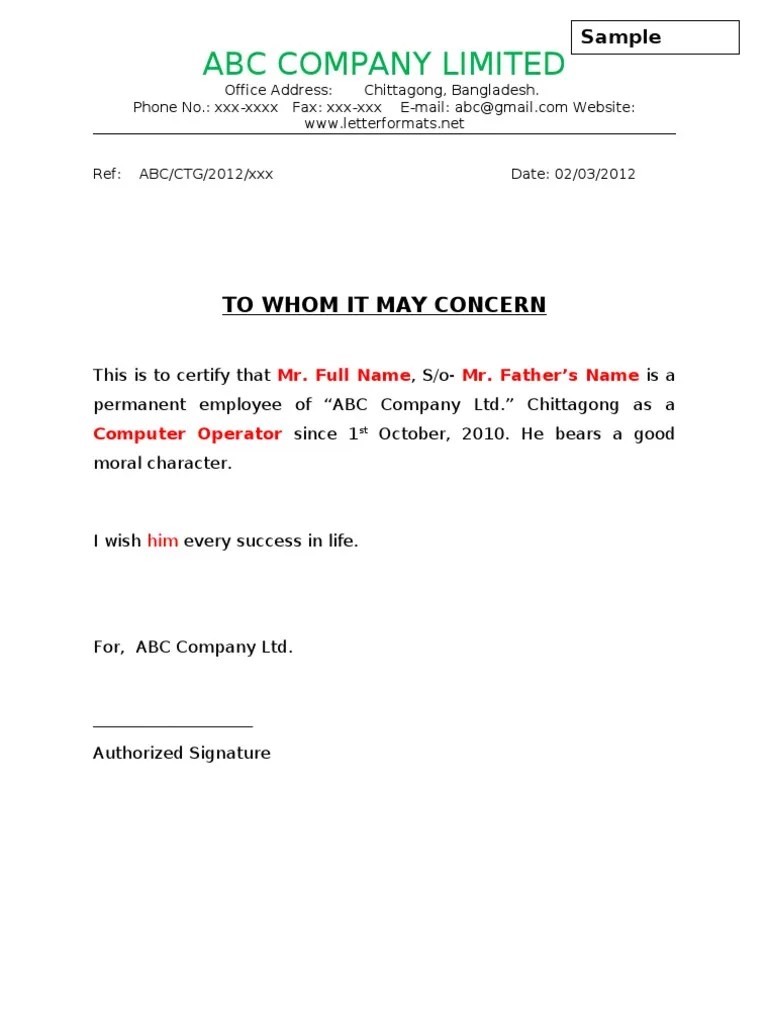Add a line between the salutation and the body. Web september 27, 2023 | by samuel johns, cprw | reviewed by mark slack, cprw. Web “to whom it may concern” is typically used as a salutation at the beginning of a letter or email. Web the salutation “to whom it may concern” is traditionally used when you don’t know who you’re writing to, or if you’re unsure about the name of the person you’re. If the recipient has a specific title or role in the organization, you can always go online and search for the person’s name.
Web “to whom it may concern” letter templates. Web to whom it may concern ” is a formal salutation that is used when the recipient of a letter or email is not known. Suppose you're working as an. Web writing a letter of reference or recommendation: Web september 27, 2023 | by samuel johns, cprw | reviewed by mark slack, cprw.
Web “to whom it may concern” letter templates. Web here's a basic information request form that only asks for the respondent's name, email, phone number and the information they're requesting for. In this posts, hiring me share. Follow it with a colon.some cases where to whom it may concern is. Web to whom it may concern ” is a formal salutation that is used when the recipient of a letter or email is not known.
“to whom it may concern” is a salutation that is used when you do not know who you are to address your formal letter. If you’ve been left with no other choice, you may still end up having to use this greeting. To whom it may concern:. Web “to whom it may concern” letter templates. Web download this to whom it may concern letter template design in word, google docs, pdf format. In that case, you may want to take a look at. Any type of correspondence is always directed to a specific person. Web the salutation “to whom it may concern” is traditionally used when you don’t know who you’re writing to, or if you’re unsure about the name of the person you’re. “to whom it may concern” is not the best way to open a cover letter. Web to whom it may concern ” is a formal salutation that is used when the recipient of a letter or email is not known. It is a commonly used phrase in business letters, cover letters,. Follow it with a colon.some cases where to whom it may concern is. It is generally used to speak to someone whose name you do not. In this posts, hiring me share. I am writing primarily as a citizen who is concerned with the way copyright law can be used to manipulate and/or foster creative work.









